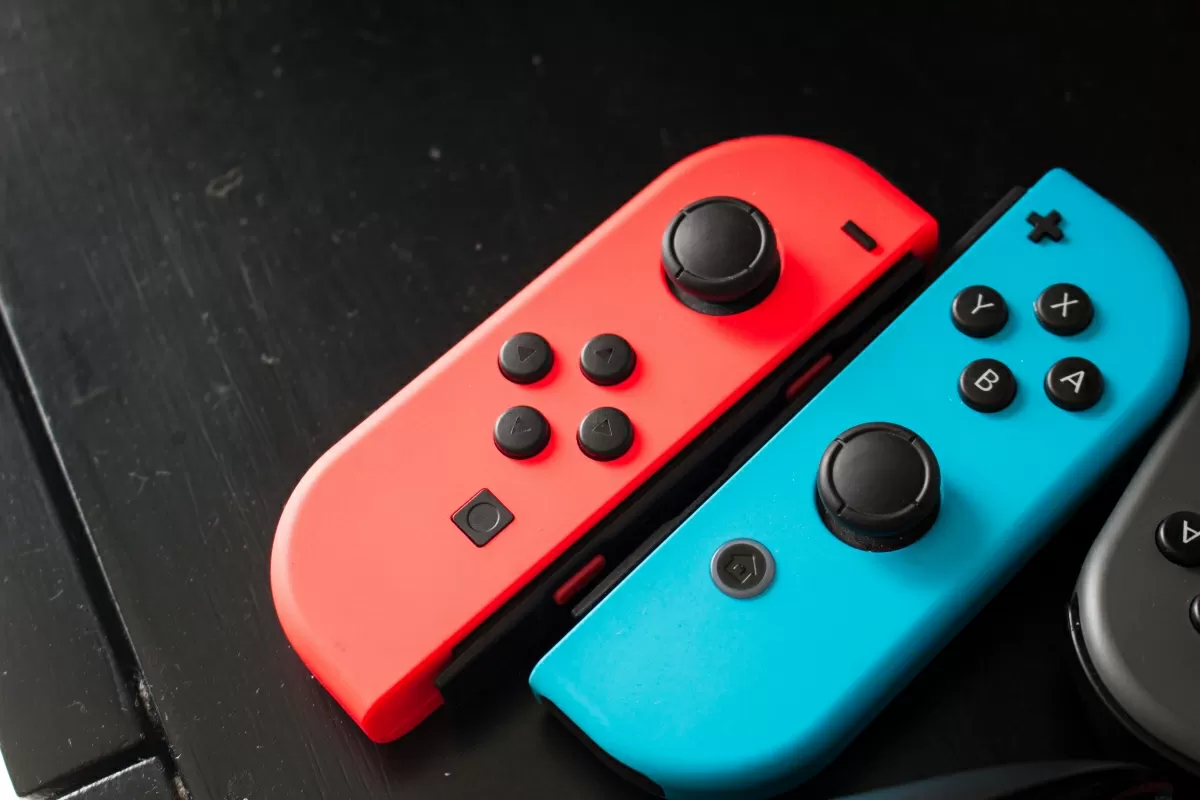In context: A long-running class action lawsuit against Nintendo over the Switch's Joy-Con drift issue has been dismissed by a California district court. The case rested on whether Nintendo's End User License Agreement (EULA), which disallows lawsuits, applies to the parents who bought the console. According to the judge, it does.

Despite becoming the third best-selling console of all time with 125.55 million sales in under six years, the Nintendo Switch has been plagued by complaints of its Joy-Con controllers automatically drifting across in one direction after extended use.
Joy-Con drift led class-action lawsuits in 2019 and 2020. The latter case, Sanchez et al. v. Nintendo of America, was brought by two mothers who bought Nintendo Switch consoles for their children. It revolved around the EULA that Switch owners must sign. The agreement includes a waiver on pursuing any class-action suits, but the mothers argued their children were the Switch owners, and being under 18 meant they were minors who couldn't be bound by the EULA.
Nintendo said the children weren't the ones who purchased the Switch console and, therefore, not the owners.
Eurogamer reports that the judge agreed with Nintendo's argument in November, stating that the parents should have abided by the EULA agreement and entered legal arbitration rather than launching a lawsuit.
"The panel necessarily found that parents were the only owners of the console," US District Judge William Alsup said in his decision. "Plaintiffs' gifting and disaffirmation arguments were 'carefully read and considered' and the arbitration panel ultimately concluded minors are not parties to the EULA, but the parents are. Because there was never any agreement between Nintendo and minors, the panel did not have to rule on the other issues presented."
"Because minors failed to allege ownership of the console and assignment of right to sue, they lack standing to pursue the CLRA and unjust enrichment claims."
It's not clear exactly how many Switch consoles suffer from Joy-Con drift. A report from UK consumer watchdog Which? last year put the figure at over 40%, or two in every five, and determined that it was likely caused by a mechanical fault stemming from design flaws.
Back in 2020, Nintendo president Shuntaro Furukawa apologized for the "inconvenience" caused by the Joy-Con drifting issue, saying at the time that he couldn't comment further due to the ongoing lawsuits. Nintendo has also launched a free repair program for Joy-Cons affected by the drifting problem.
While the Joy-Con drift issues might be the most famous case, there have also been class-actions filed against Microsoft and Sony over claims their respective controllers suffer the same problem.
https://www.techspot.com/news/97519-joy-con-drift-lawsuit-dismissed-california-court.html